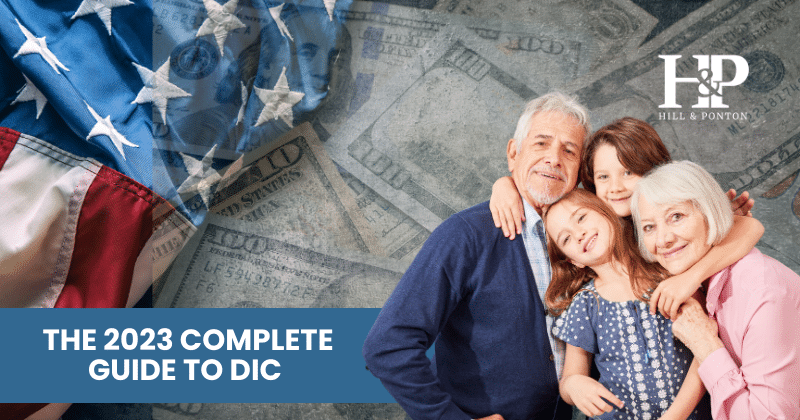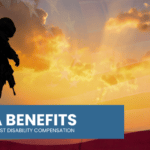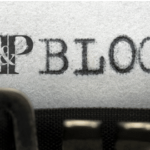For veterans who have fallen ill or become injured due to active duty military service, entitlement to benefits through the United States Department of Veterans Affairs (VA) can be a vital lifeline.
However, the journey through the VA benefits process can often be riddled with delays, particularly frustrating for disabled veterans dealing with distress and hardship.
Despite the notorious VA backlog, there’s good news: under specific scenarios, you can expedite a VA disability claim.
Ensuring all pertinent evidence is submitted before you expedite your VA claim is critical to avoid swift rejections and to optimize the outcome.
Criteria to Expedite VA Disability Claim
1. Terminal Illness
A terminal illness, as the name implies, severely limits life expectancy.
A range of conditions qualify, including:
- Amyotrophic Lateral Sclerosis (ALS)
- Lou Gehrig’s Disease
- Advanced cancer
- Multiple organ failure
Should you request your claim be expedited due to a terminal condition, the VA will require a diagnosis and the current state of the illness.
Details about hospice care can bolster your case.
Sadly, even fast-tracked claims can sometimes remain unresolved before the veteran’s passing.
However, entitlements like Dependency and Indemnity (DIC) and accrued benefits can extend to eligible family members, with certain criteria for eligibility.
Do you want to learn more about DIC benefits?
The 2023 Complete Guide to DIC
Are you considering applying for DIC benefits?
Click the button below and let us help you with your claim.
2. Advanced Age
For claims at the VA’s Regional Office, ‘advanced age’ typically starts at 85.
At the Board of Veterans Appeals (BVA or Board), it’s 75.
Depending on where your claims sit, each might be expedited based on its respective age criteria.
3. Financial Hardship
For veterans facing extreme financial constraints directly due to their disability, there’s the option to fast-track their claims.
Essential forms like VA form 10-10hs are available on the VA website.
The VA seeks concrete evidence of “extreme” hardship—like eviction or foreclosure notices, assets seizure, utility termination, or bankruptcy.
Including notices and personal statements on financial hardship can bolster your case.
The VA also extends multiple assistance programs and facilities to support veterans facing grave financial challenges.
4. Homelessness
Under certain conditions outlined in 42 U.S.C. § 11302, veterans can have their VA claims expedited.
Furthermore, the VA and associated entities offer an array of programs, from housing and healthcare to employment resources, for homeless veterans.
This includes initiatives like HUD-VASH for permanent housing, the GPD Program, EUL Program, and more.
Assistance lines like the National Call Center for Homeless Veterans (1-877-4AID-VET) can be invaluable.
While expedited claims can alleviate some waiting time, understanding the broader scope of available resources can be a game-changer for veterans facing hardships.
Check with the nearest VA facility for specific programs and eligibility criteria in your area.
Ready to Take the Next Step?
Serving our nation was your duty; assisting you now is ours.
For professional support with VA benefits and claims, reach out to Hill & Ponton at 1-888-477-2363.
If you’ve encountered a VA benefits denial or need assistance in filing, we’re poised to back you.
Secure the compensation you deserve by contacting us right away.







